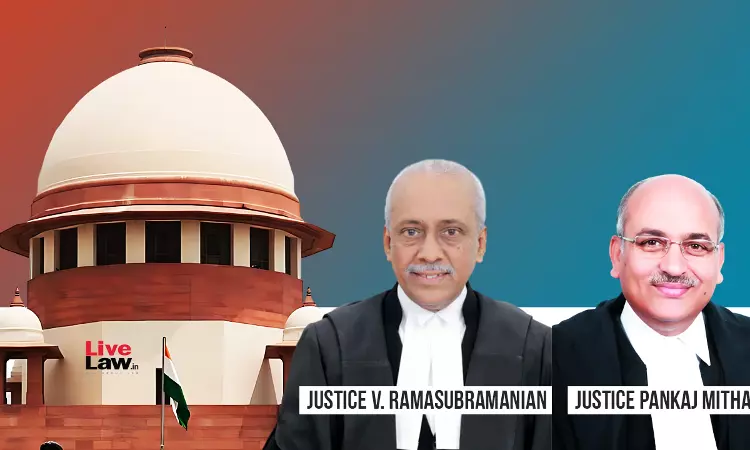Sec 197 CrPC - Sanction Required Even For Acts Done In Excess Of Official Duty : Supreme Court
Awstika Das
17 Jun 2023 11:01 AM IST

Next Story
17 Jun 2023 11:01 AM IST
The Supreme Court has reiterated that sanction for prosecution as per Section 197(1) of the Code of Criminal Procedure is required even in cases where the official was acting in excess of his official duties.A bench comprising Justices V Ramasubramanian and Pankaj Mithal held so while acquitting a person, who was formerly an Executive Director of the Bharat Heavy Electricals Limited (BHEL), in...
